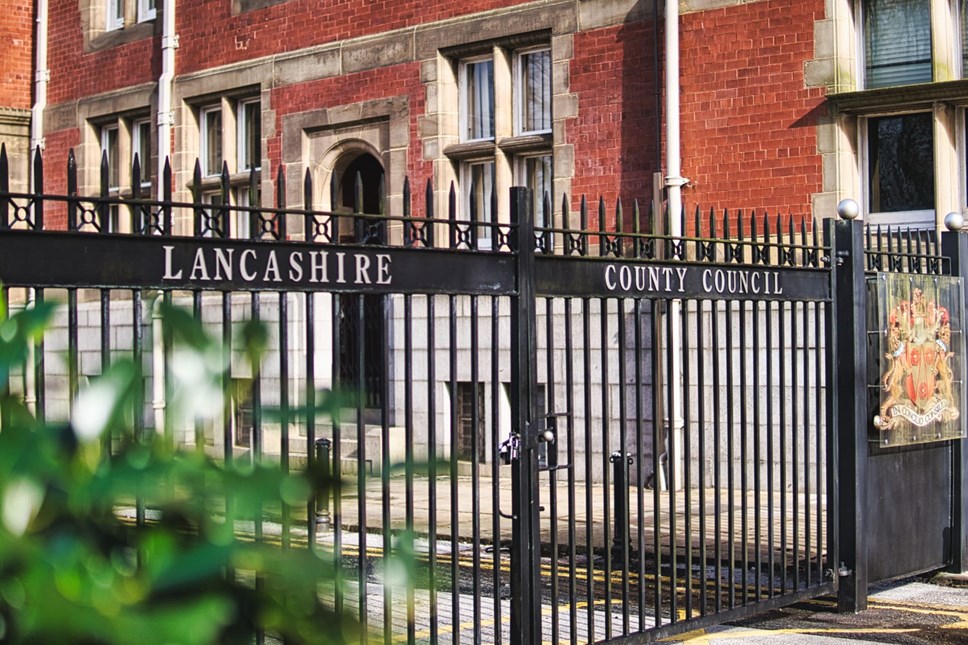
'Hillsborough Charter' set to be formally adopted by county council
Principles known as 'The Hillsborough Charter' are set to be formally adopted by Lancashire County Council.
'The Charter for Families Bereaved through Public Tragedy' (known as the Hillsborough Charter), is a public document that has been signed by the government, committing to a culture of honesty and transparency in public service.
Its guiding principles will now be formally adopted into Lancashire County Council's Emergency Planning, Resilience and Response overarching framework, which sets out the responsibilities and principles of civil contingency arrangements within the county council. This formal adoption brings LCC into line with many of its partner agencies, which have also adopted the Hillsborough Charter.
The Charter's key points will help deliver the well-established arrangements already in place as they are now formally supported by the Charter's principles, following the council voting unanimously in favour of adopting it on October 12.
The Hillsborough Charter puts public interest at very heart of emergency response and reinforces the need for organisations, such as the council, to cooperate with public scrutiny like inquiries and inquests, full disclosure of relevant documents, learning from past mistakes and courtesy to members of the public.
As part of the continual improvement of the council's response, along with their partners in the Lancashire Resilience Forum, the county council is working with two nationally recognised experts, Lucy Easthope, an international mass fatalities subject matter expert and Anne Ayre, Hillsborough survivor and director for the charity Disaster Action.
This is to help ensure Lancashire is best placed to respond to incidents requiring a humanitarian response in the future. These experts specialise in support to survivors and families of those affected by major tragedies.
County Councillor Peter Buckley, cabinet member for Community and Cultural Services, said: "We are dedicated to adopting the principles of the Hillsborough Charter into our Emergency Planning, Resilience and Response framework.
"Any emergency response must consider those affected by an incident at the earliest opportunity and the focus must remain on the humanitarian assistance response for the duration of the incident and beyond.
"It is clear from learning from incidents, such as the Manchester Arena bombing, Grenfell Tower fire, and Bishop James Jones' review of the treatment of the families following the Hillsborough Enquiry in 2016 (from which the Charter for families bereaved by public tragedy has been proposed), that dealing with those affected by an emergency is one of the hardest roles that we as an authority undertake.
"Here in Lancashire, we must ensure that we are as prepared as it is possible to be and that we are wholeheartedly committed to the highest of standards when it comes to our response and support for those affected by such incidents. In order to ensure that Lancashire is as prepared as possible, we must learn from previous incidents and exercises and continually amend our plans accordingly."
